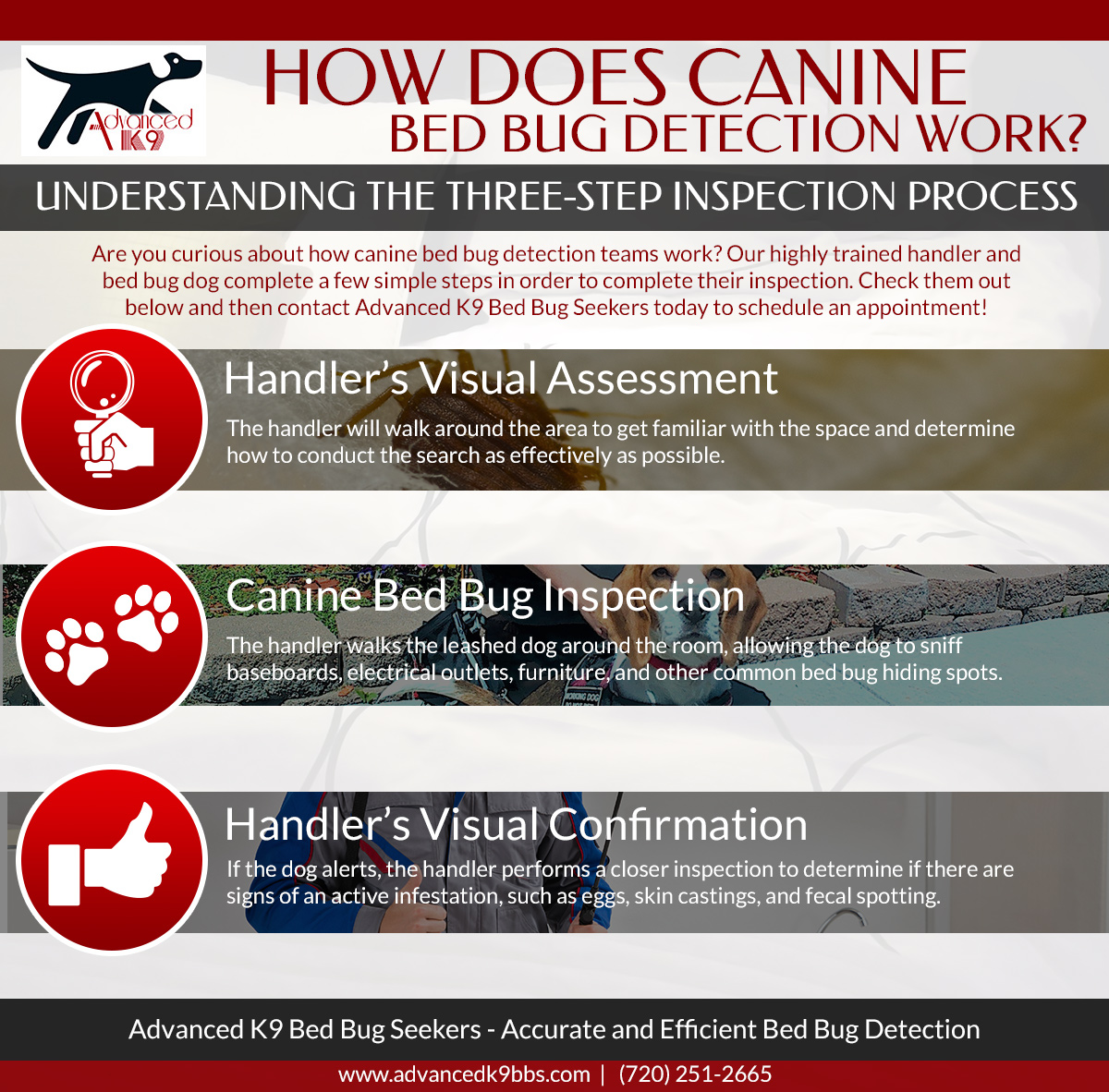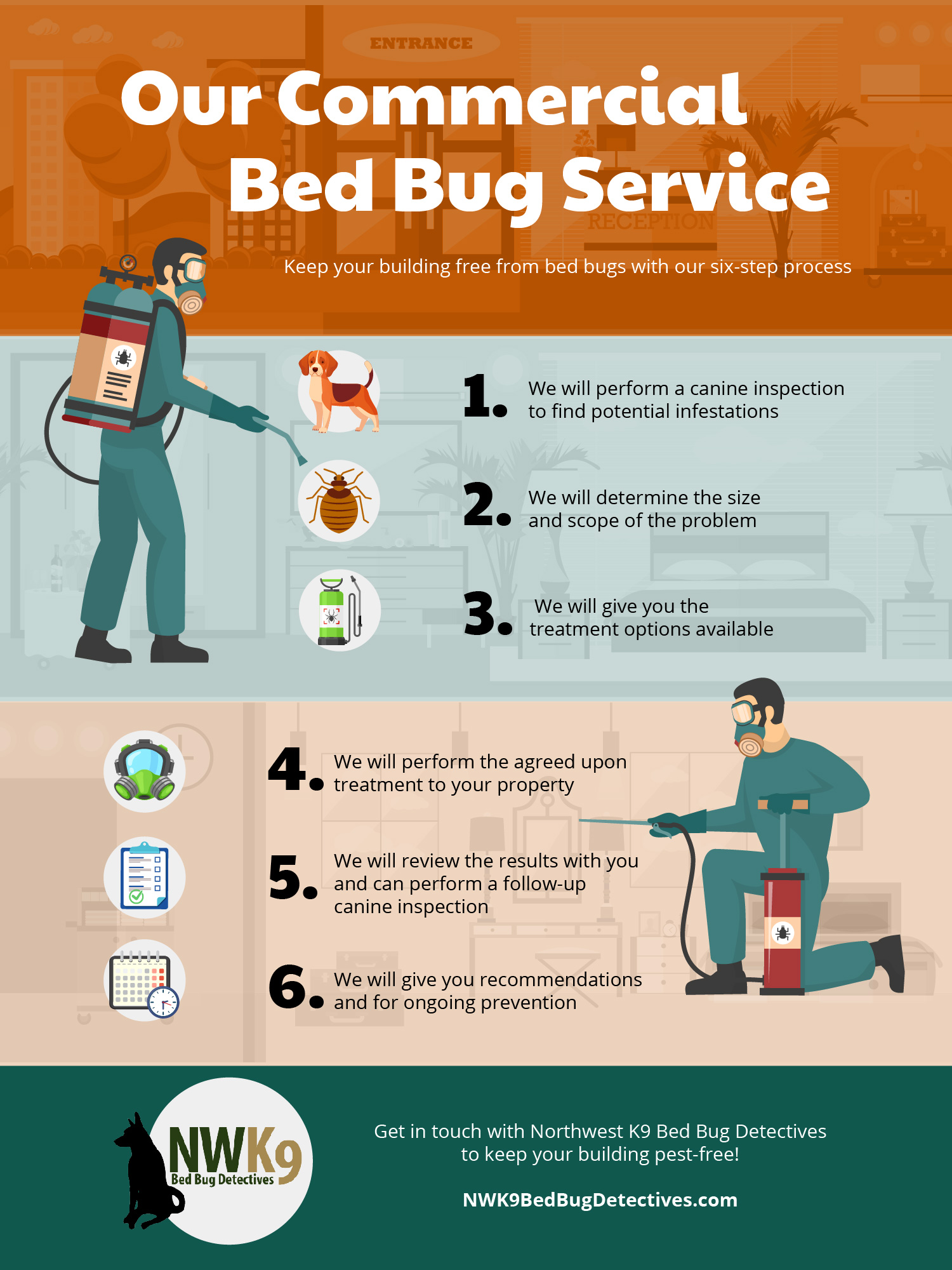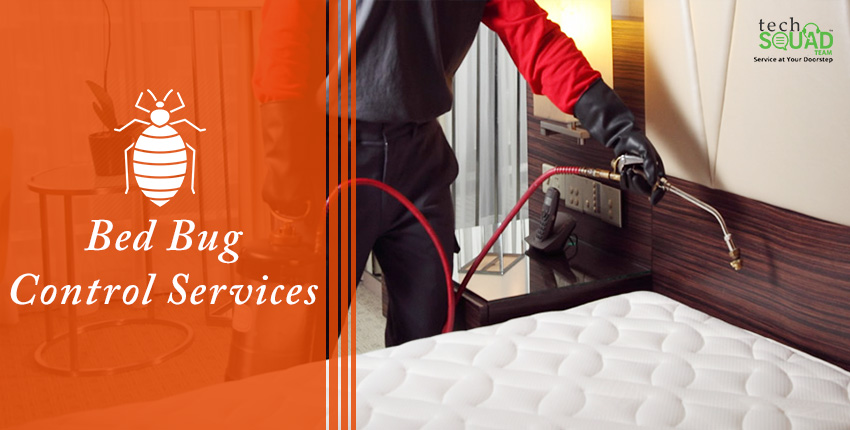An Unbiased View of Bed Bug Services
The 6-Second Trick For Bed Bug Services
Table of ContentsAbout Bed Bug ServicesFacts About Bed Bug Services RevealedThe Greatest Guide To Bed Bug ServicesThings about Bed Bug Services
A professional bed bug inspection is far more detailed than a casual glance and relies on expertise. Bed bugs are small, elusive, and adept at hiding that often dwell in small hiding places in furniture and walls. Because of their stealthy behavior, meticulous assessment is critical to identify the full scope of the problem. Professional inspectors employ a range of techniques, tools, and expertise to identify infestations early, stopping infestations from worsening.The first step in a proper inspection involves familiarizing oneself with the biology of bed bugs. Bed bugs belong to the Hemiptera group and undergo a life cycle that includes eggs, nymph stages, and adulthood. Adults are oval, flat, reddish-brown insects that lack wings and have long legs and antennae. Their mouthparts are designed to pierce skin and extract blood, often causing red, itchy welts on hosts. Knowing these traits helps inspectors anticipate hiding spots.
Early detection is vital for stopping the problem from spreading. Professionals carefully check for signs such as tiny ink-like droppings, molted skins, and egg clusters (Bed Bug Services). Female bed bugs are capable of laying hundreds of eggs, potentially causing full-blown infestations. Evidence of molted skins or eggshells shows that the infestation is current and necessitates immediate attention
Preparing for an inspection demands meticulous preparation. Inspectors often recommend clearing clutter from treatment areas, which facilitates examination of hard-to-reach areas. Bedding and linens may be cleaned thoroughly and sealed in plastic bags, and then stored in sealed bags to prevent re-infestation. Wall decor, mirrors, and pictures are sometimes moved to inspect behind frames. Vacuuming furniture and floors helps clean up stray insects, and vacuum bags should be disposed of immediately outside.
Examine This Report on Bed Bug Services
The inspection itself is systematic and thorough. Inspectors start with beds and adjacent furniture, paying attention to edges, seams, and potential hiding spots. Upholstered furniture, including couches and chairs, is inspected thoroughly, including underneath and inside cushions. Baseboards, moldings, the edges of wall-to-wall carpeting, electrical outlets, closets, and storage areas are methodically checked, as these can be key areas for infestation.
Specialized tools help inspectors find hidden pests. Flashlights, magnifying lenses, multi-tools, and mirrors allow examination of tight spaces. Monitoring devices like interceptor traps or sticky pads help track bed bug activity learn the facts here now over time. Some companies use detection dogs, which detect even small infestations, distinguishing them from old evidence.

Meticulous documentation is essential. Inspectors maintain detailed notes of findings, areas affected, and next steps. This provides a reference for follow-ups and helps with client communication. Residents are often asked to avoid disturbing potential infestation signs, as this prevents loss of click resources critical information.
After inspection, a monitoring plan may be recommended to verify infestations and observe trends. Continuous monitoring detects reinfestation, and collecting feedback from occupants helps pinpoint problem areas. Cooperation from residents ensures accuracy.
Things about Bed Bug Services

Professional inspections offer a higher level of accuracy than DIY attempts. Trained inspectors know what to look for and where, prevent misdiagnosis, and confirm the situation accurately.
Bed bug inspections are particularly important in places where infestations spread easily. Inspectors assess all connected areas to identify potential spread (Bed Bug Services). This stops further spread
In summary, a professional bed bug inspection requires knowledge of bed bugs, property preparation, careful examination, tool utilization, record-keeping, and follow-up monitoring. Each step supports early detection, informs treatment, and reduces future risk.
What Does Bed Bug Services Do?
